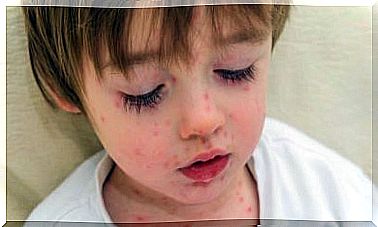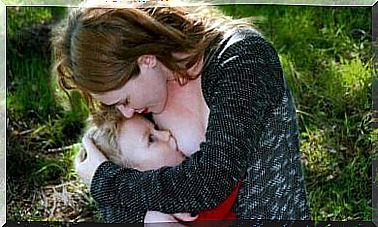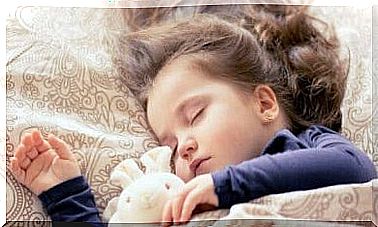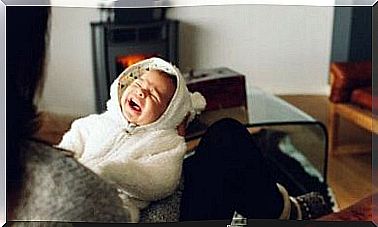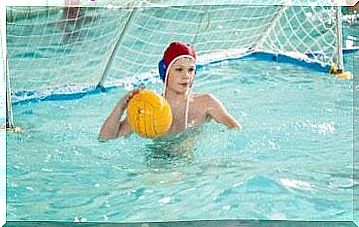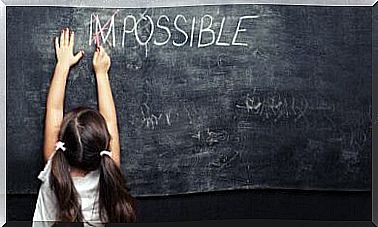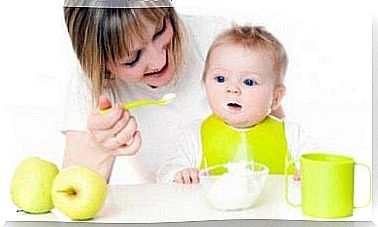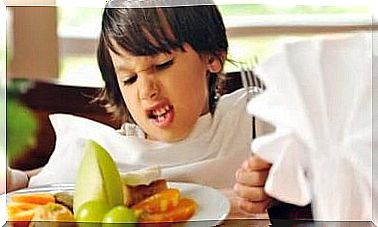The Emotional Function Of The Pacifier – Being Parents
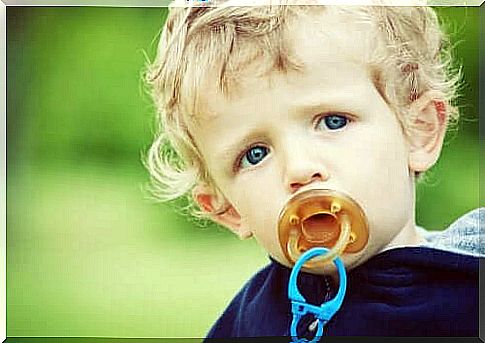
Today, the use of the pacifier by the little ones is completely widespread and standardized. Many parents even think that it is a necessary and indispensable item for their baby.
However, in reality, children do not need it; some even go so far as to reject it. So, before you form an opinion on this object, it is important that you know the emotional function of the pacifier.
As parents, we make the decisions that we believe are the most fair and beneficial for our children. Every household, every family has different circumstances, so one cannot generalize when it comes to saying what is most positive. The decisions you make will be lawful and fair if you remember to inform yourself beforehand.
The importance of sucking
The sucking reflex accompanies children even before their birth since this pattern begins to develop in the mother’s womb. However, suction goes far beyond its nutritional function.
It helps the little one to develop neurologically and promotes the appearance of language. But above all, it has a calming and tranquilizing effect on the baby.
Breastfeeding, in the same way, does not only serve as food for the child: it also helps establish the bond of attachment. The breast consoles him, helps him to regulate emotionally and to feel safe. It is therefore the most optimal and the most natural way to cover the emotional needs of children.
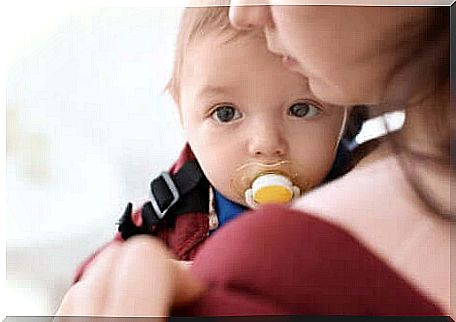
The pacifier performs this same function by allowing the child to suck repeatedly. By doing this, he calms himself down and gets pleasurable sensations. However, an object can never replace a person and even if the pacifier allows sucking, it does not offer the touch and affection of the mother, which is what the baby is really looking for.
The emotional function of the pacifier
Sometimes mothers are unable or unwilling to breastfeed. Their professional obligations may prevent them from always being present, or they suffer from mastitis, have chapped nipples, or are simply exhausted by the excessive demand of their child.
In these cases, the pacifier appears to be a simple substitute for the emotional function of calm and comfort that the breast performs. We therefore offer the pacifier to the child when he is irritable, worried, when he cries, when he is in his stroller, when he goes to sleep …
This undoubtedly helps the child to calm down or get to sleep, but it is not the most adequate.
Excessive use of the pacifier can create dental malformations. It also interferes in speaking because it prevents the child from stammering and starting to speak.
In addition, it generates a dependency which results in difficulties and annoyances when one seeks to remove it from the child. But, above all, it deprives him of what he really needs.
An anguished, worried or sad child needs affection and contact. He must feel listened to and protected by adults, who are his main sources of attachment. Establishing a secure bond is essential for good emotional development, and this is something the pacifier does not offer.
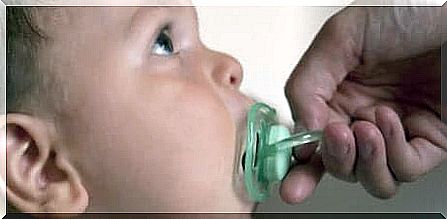
If we want the child in the future to develop adequate strategies for emotional regulation, to be autonomous and in good psychological health, we must cover his emotional needs during his first years of life. Giving her the pacifier is not enough.
The pacifier: when to give it or not?
In short, the pacifier can be an adequate complement but will never replace the affection and the attention of the parents. These infants who are unfamiliar with breastfeeding may show a greater need for suction than that covered by the bottle.
In these cases, the pacifier can be a help, but it should always be accompanied by contact, looks, affection and human warmth: giving it a pacifier and leaving will not be enough.
In addition, it is preferable to keep it for occasional moments when the need is real. For example, when we take the car with the little one and cannot get him out of his seat to rock him and calm him down.
To learn to regulate his emotions on his own, the child needs someone to have already fulfilled this function for him. It is therefore essential that significant adults are available for the little one. Keep in mind that your baby needs you most of all: the pacifier is only an optional item.

